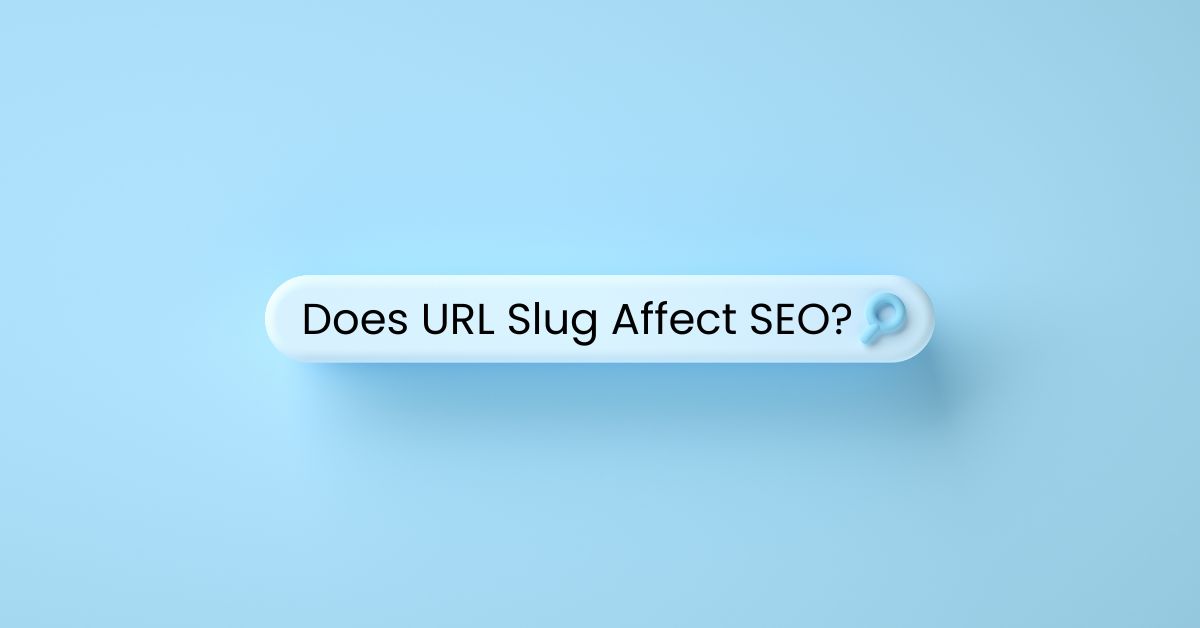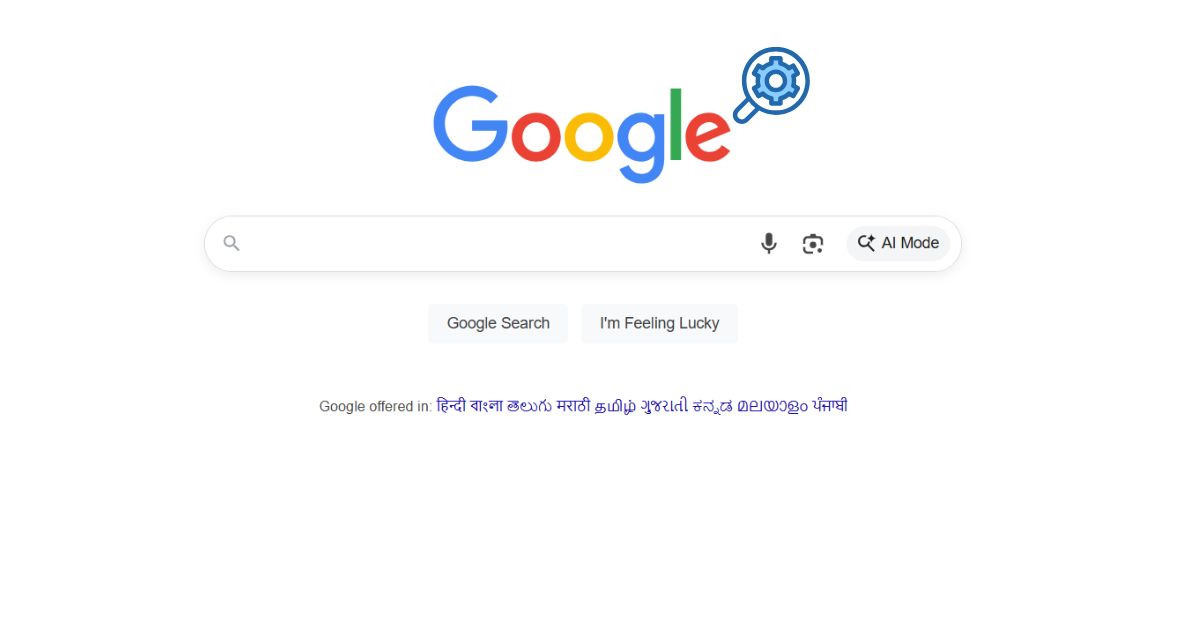
When it comes to SEO, the most common things that may cross the mind are keywords, backlinks, and content quality. While these are not wrong, there’s also another element that quietly plays a role in your website’s visibility, though not much talked about. It’s the slug — yes, a part of the URL that tells you what the page is about.
But do URL slugs affect your SEO? And if they do, can you use them to your advantage? Let’s find out.
Table of contents
What Is a URL Slug?
Your URL structure is somewhat like this –
www.example.com/seo-tips-for-beginners
So, “seo-tips-for-beginners” is the slug, and it’s a part of the web address that comes after your domain name and any folders.
It’s important to note that slugs are important for both users and search engines. For users, a clear slug gives a quick preview of what the page is about. Meanwhile, for search engines, it’s a signal that helps them understand the content and relevance of your page.
So, it becomes obvious that a messy slug like /page?id=68945 can neither humans nor Google much about what to expect, contributing to ambiguity and serving little to no purpose.
Do Slugs Affect Your SEO
Do search engines really care about your slug? The answer is yes, but it’s not the most powerful ranking factor.
Google’s own John Mueller has stated that keywords in URLs are a “very lightweight ranking factor.” That means including a relevant keyword in your slug can help, but it won’t catapult your page to the top of the search results on its own.
Instead, slugs are one of many small signals that, together, help search engines decide what your page is about. What matters more is that your slug is descriptive, relevant, and easy to read. Search engines use slugs to get an initial sense of your page’s topic, especially before they’ve crawled and indexed your content. Once your page is indexed, the slug’s influence diminishes, but it still plays a role in user experience and link sharing.
Benefits of URL Slugs
Turns out slugs can offer several direct and indirect benefits for your SEO strategy. For instance, here are some:
- Improve Relevance of Your Page: A slug that matches your target keyword can reinforce the relevance of your page for that topic. Here’s an example: Weak slug: /the-best-SEO-tips-for-2025-and-beyond & Good slug: /seo-tips-2025
- Enhanced Comprehension of Your Site Structure: Clean, logical slugs help search engines understand your site’s structure. This can aid in crawling and indexing, especially for large websites.
- Increased User Trust: When users see a tidy, descriptive slug in search results, they’re more likely to trust and click on your link.
Winning Formulas for SEO Friendly Slugs
So, how do you create slugs that work for both humans and search engines? Here are some tips:
- Conciseness matters, so keep it short and sweet: The goal is to restrict it to 3–5 words.
- Use hyphens to break the term and avoid underscores or spaces.
- Stick to lowercase letters: Consistency matters.
- Include your main keyword: But don’t force it or stuff keywords.
- Skip unnecessary words: Words like “the,” “and,” or “of” can usually be left out.
- Avoid special characters and numbers: Unless they’re essential.
Note: While updating a slug for any reason, such as improving clarity or targeting a keyword, always set up a 301 redirect from the old URL to the new one.
Key Takeaways on URL Slugs and SEO
It’s proven that URL slugs may not be the most powerful ranking factor; albeit, they matter more than many realise. Remember, though, that slugs are just one piece of the SEO puzzle. So, it’s true that they work best when combined with high-quality content, smart internal linking, and a solid technical foundation.
Want to kick your SEO game up a notch? Our SEO agency in New Zealand has got your back. Grab your free website audit that’ll include a roadmap to your online presence, including slugs.





